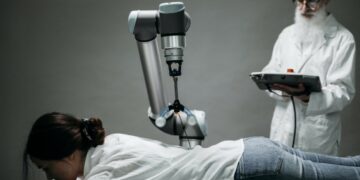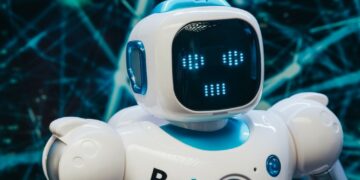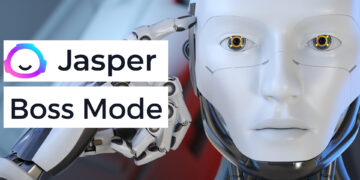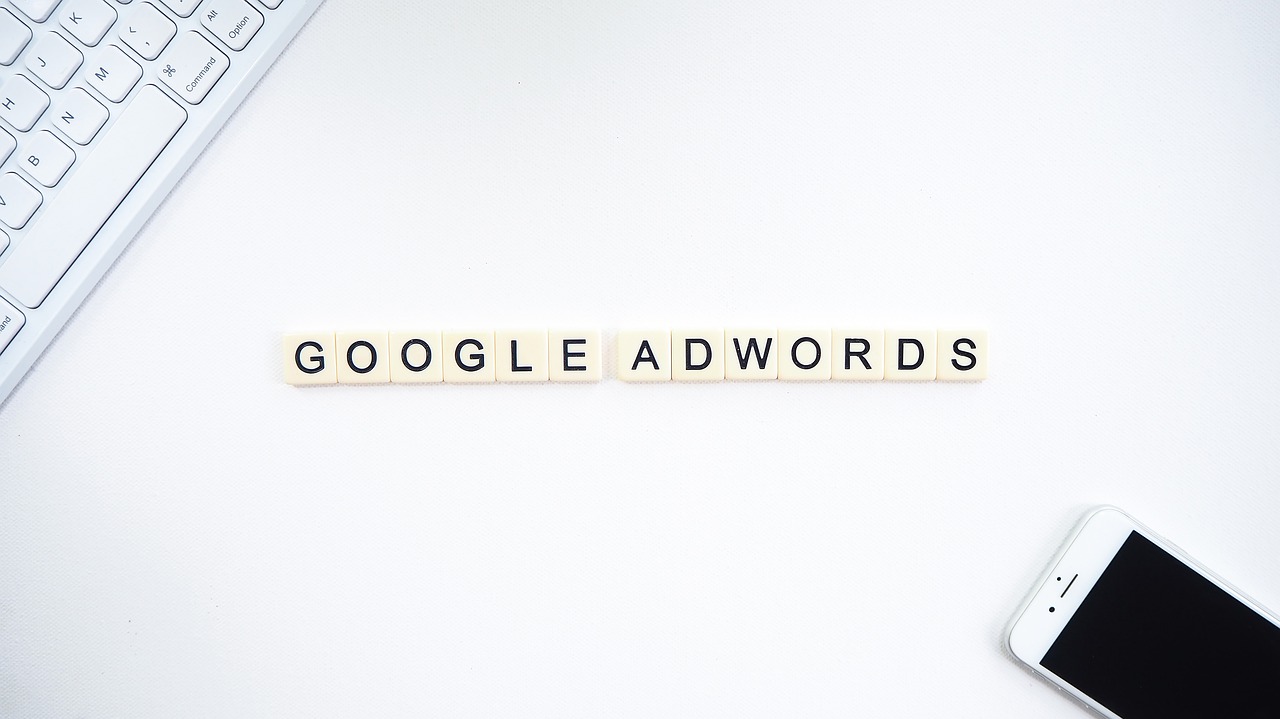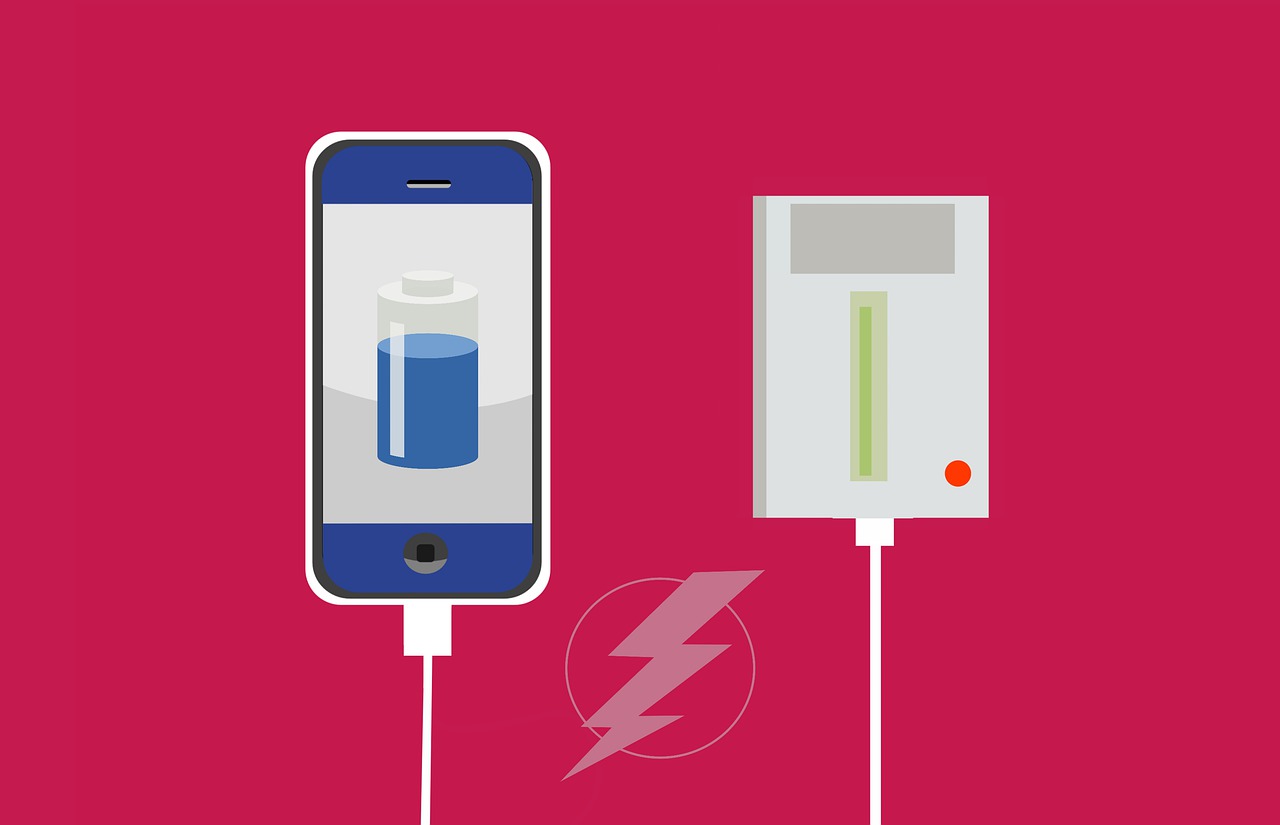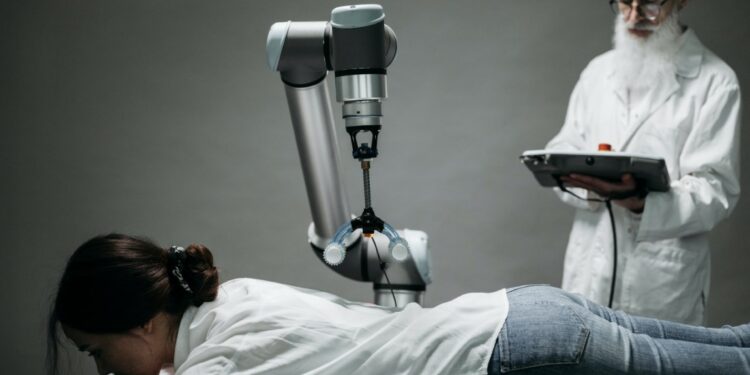Contents
The Rise Of AI In Healthcare
The healthcare industry is on the cusp of a major transformation. The rise of artificial intelligence (AI) is set to revolutionize the way we diagnose and treat diseases, providing a more personalized approach to medicine.
AI is already being used in a number of different ways in healthcare. For example, it is being used to develop new drugs and to create personalized treatment plans for cancer patients. AI is also being used to improve the accuracy of diagnosis, by analyzing medical images and identifying patterns that human doctors may miss.
The potential applications of AI in healthcare are virtually limitless. In the future, AI could be used to provide real-time monitoring of patients’ health, allowing for early detection of disease. AI could also be used to create virtual assistants for doctors, providing them with instant access to medical knowledge and helping them to make better decisions about patient care.
The rise of AI in healthcare is inevitable. It has the potential to transform the way we provide and receive healthcare, making it more personalized, efficient and effective.
How AI Is Changing The Landscape Of Medicine
The way we practice medicine is changing. With the advent of artificial intelligence (AI), we are now able to diagnose and treat diseases with a level of precision and accuracy that was once unimaginable.
AI is providing us with new insights into the cause of diseases, and the potential treatments for them. It is also helping us to better understand the complex interactions between genes and the environment.
In the future, AI will play an even greater role in healthcare, as it will help us to personalize treatments for each individual patient, based on their unique genetic makeup and lifestyle. AI will also help us to identify disease outbreaks sooner, and to develop new treatments for diseases that are currently considered incurable.
The Potential Of AI In Healthcare
Artificial intelligence (AI) is already starting to revolutionize healthcare, with the potential to transform how we diagnose and treat diseases, deliver care and even conduct research.
There are a number of ways in which AI can be used in healthcare, from automating administrative tasks to providing decision support for clinicians. For example, AI can be used to process and interpret large amounts of data more quickly and accurately than humans, identify patterns and relationships that would be difficult to spot otherwise, and make predictions about future health trends.
AI is also being used to develop new drugs and diagnostic tests, as well as to personalize treatments for individual patients. In the future, AI may even be used to provide direct care to patients, such as by monitoring their health status and providing reminders or alerts when they need to take medication or see a doctor.
The potential of AI in healthcare is vast, and it is already starting to make a difference in the lives of patients and clinicians alike.
The Challenges Of Implementing AI In Healthcare
One of the key challenges in implementing AI in healthcare is data privacy and security. With the increasing use of electronic health records (EHRs), there is a wealth of data that could be used to train AI algorithms. However, this data is often protected by patient privacy laws, making it difficult to obtain. Another challenge is the lack of standardization in healthcare data. This makes it difficult to compare results across different studies and limits the ability to develop generalizable AI models.
Another challenge is the lack of trained personnel. AI requires experts in both computer science and medicine to develop and interpret the algorithms. These experts are in short supply, making it difficult to implement AI on a large scale.
Finally, there is the issue of cost. AI technology is still relatively expensive and many healthcare organizations are struggling to fund even basic IT infrastructure, let alone new AI initiatives.
Despite these challenges, AI has great potential to improve healthcare. For example, AI can be used to identify patterns in patient data that would be difficult for humans to discern. It can also be used to help develop new treatments and drugs, as well as improve existing ones. In the future, AI may even be used to diagnose diseases earlier and more accurately than current methods allow.
The Future Of Healthcare: How AI Will Revolutionize Medicine
We are on the cusp of a healthcare revolution. Advances in artificial intelligence (AI) are poised to transform every aspect of medicine, from drug discovery and diagnosis to treatment and prevention.
AI will help us to better understand and predict disease, identify new therapeutic targets, and develop more effective and personalized treatments. It will also enable us to provide more precise and individualized care, tailored to each patient’s unique needs.
In the future, AI will be an essential tool in our fight against disease. It will help us to save lives and improve the quality of life for billions of people around the world.
FAQ
Q: What is the rise of AI in healthcare?
A: The rise of AI in healthcare refers to the increasing use of artificial intelligence technology in the healthcare industry.
Q: How is AI changing the landscape of medicine?
A: AI is changing the landscape of medicine by providing new ways to diagnose and treat diseases, as well as developing new drugs and personalized treatments.
Q: What is the potential of AI in healthcare?
A: The potential of AI in healthcare is vast and has the potential to revolutionize the industry. However, there are challenges that need to be addressed before AI can truly reach its potential.
Q: What are the challenges of implementing AI in healthcare?
A: The challenges of implementing AI in healthcare include ensuring data security and privacy, addressing ethical concerns, and reducing costs.
Summary
The future of healthcare is shrouded in potential but fraught with uncertainty. But one thing is certain: AI will play a major role in shaping it.
AI has already begun to revolutionize medicine, from diagnostics to drug development. And its impact is only going to grow in the years to come.
AI can help doctors diagnose diseases more accurately and faster than ever before. It can also help develop new treatments and even predict outbreaks of disease.
AI will also play a big role in preventative healthcare. By analyzing data from wearable devices and other sources, AI can help identify health risks before they become problems.
The future of healthcare is full of promise. But it will also be full of challenges. With AI leading the way, we can overcome those challenges and build a healthier future for everyone.







